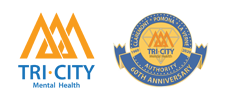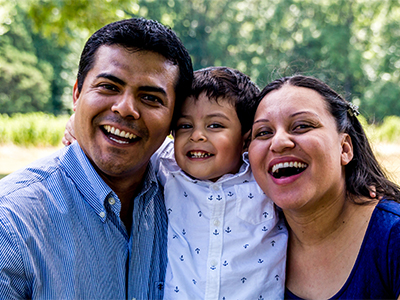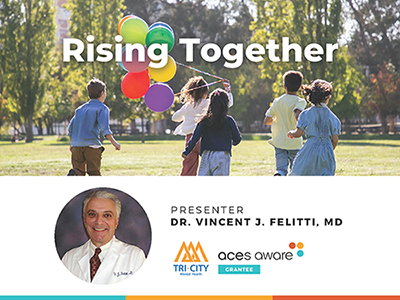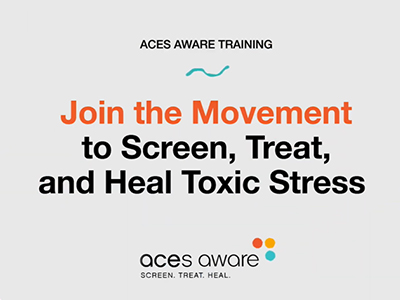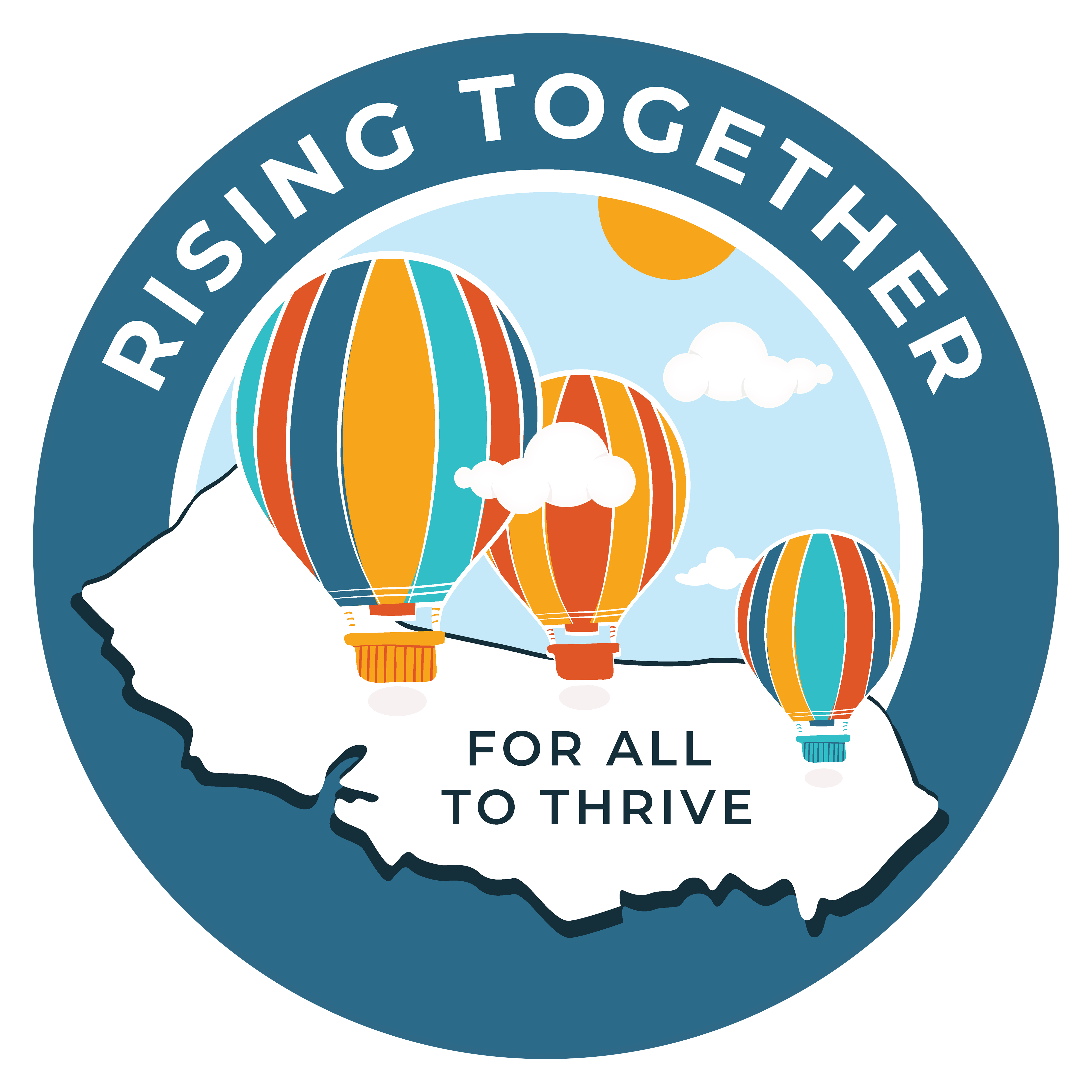
Our Mission
Tri-City Mental Health is among over 100 grantees throughout the state of California working to extend the reach and impact of the ACEs Aware initiative. Through free supplemental trainings and communication activities, our goal is to help enhance understanding of ACEs and toxic stress among medical and behavioral health providers and the public.
By working together across health, education, and community sectors to raise awareness and reduce the impacts ACEs and toxic stress, we can set children, adults and families on a path to brighter and healthier futures.
About Adverse Childhood Experiences (ACEs)
The term Adverse Childhood Experiences (ACEs) comes from the landmark 1998 study by the Centers for Disease Control and Prevention (CDC) and Kaiser Permanente, referred to as the ACE Study. ACEs are potentially traumatic or stressful events such as abuse, neglect, and household challenges that children may experience from birth to age 18.
ACEs are common and in California – about 62% of Californians have experienced at least one ACE and about 16% have experienced four or more ACEs.
Research shows that ACEs can affect the health of children and adults across their lifespan through a biological mechanism called the toxic stress response. While some stress in life is normal – and even necessary for growth and development – when a child experiences frequent or prolonged exposure to ACEs, especially without the buffering protections of trusted, nurturing adults and safe, stable environments, their body may create an overactive toxic stress response and make more or less stress hormones than is healthy. This can lead to problems with a child's physical and/or mental health, such as asthma, poor growth, learning, depression, or behavior problems and can lead to lifelong health problems into adulthood.
ACEs and the resulting negative health impacts have a “dose-response” relationship, meaning that the more ACEs an individual has, the greater likelihood they will experience physical, cognitive, health and mental health problems into adulthood. A consensus of scientific research shows that childhood adversity is a root cause to some of the most common, serious and costly health challenges facing our society today. In fact, ACEs are strongly associated with 9 of the 10 leading causes of death in the United States, including asthma, diabetes, heart disease, stroke and cancer.
